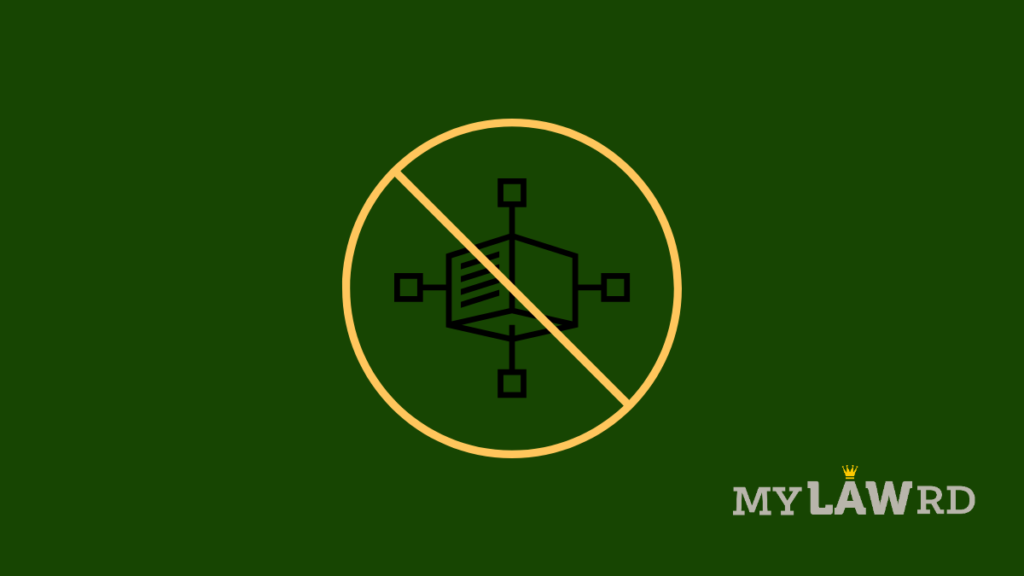In its latest attempt to clamp down on the flourishing digital trade market, China has imposed a ban on financial institutions and payment companies from providing cryptocurrency services. It has also warned investors against speculative crypto trading.
What all transactions are prohibited under the ban?
Under the ban, financial institutions and payment companies are prohibited from offering clients any service which involves registration, trading, clearing and settlement of a cryptocurrency. China has barred crypto exchanges and Initial coin offerings (ICOs) but has not barred individuals from holding cryptocurrencies.
Official Statement of Industrial Bodies
There are three industrial bodies: The National Internet Finance association of China, The China Banking Association and, The Payment and Clearing out Association of China. In their joint statement they said:
“Recently cryptocurrency prices have skyrocketed and plummeted, and speculative trading of cryptocurrency has rebounded, seriously infringing on the safety of people’s property and disrupting the normal economic and financial order”
China’s earlier attempts to curb trading in Cryptocurrency
In June, 2017, China shut down its local cryptocurrency exchanges. This smothered a speculative market that had accounted for 90% of global Bitcoin trading.
In June, 2019, The People’s Bank of China issued a statement saying it would block access to all domestic and foreign cryptocurrency exchanges and Initial Coin Offering (ICO) websites. Its main motive was to clamp down on all cryptocurrency trading with a ban on foreign exchanges.
The statement also highlighted the risks of cryptocurrency trading. It further said, “Virtual currencies are not supported by real value, their prices are easily manipulated, and trading contracts are not protected by Chinese Law.”
Meanwhile, the Indian government may set up a new crypto-regulation panel to recommend the ideal course for regulating crypto currencies.
Do subscribe to our Telegram channel for more resources and discussions on technology law and news. To receive weekly updates don’t forget to subscribe to our Newsletter.
You can also follow us on Instagram, Facebook, LinkedIn, and Twitter for frequent updates and news flashes about #technologylaw.

